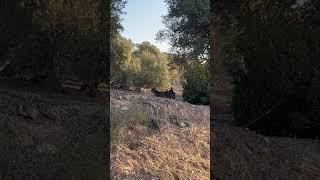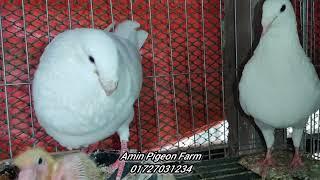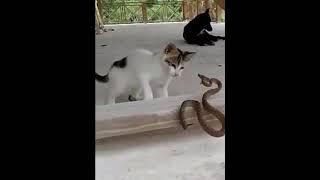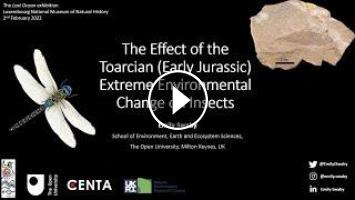Online talk in the context of the exhibition "Lost Ocean" with Emily Swaby, palaeontologist at the Open University in Milton Keynes, UK.
The Jurassic world is long gone. Yet, fossils dating from this period provide unique insights into how ecosystems react to environmental change on a large scale. The insect fossil record from the European Lower Jurassic, some 183 million years before today, is among the richest worldwide. It documents ancient insect faunas exposed to climate change that shows striking parallels with today’s global warming. Can these fossils help us better understand the effect of climate change on biodiversity?
Emily Swaby, PhD student at the Open University in Milton Keynes, England, investigates the effect of the Toarcian (Early Jurassic) extreme environmental change on insects, including fossils from Luxembourg.
The Jurassic world is long gone. Yet, fossils dating from this period provide unique insights into how ecosystems react to environmental change on a large scale. The insect fossil record from the European Lower Jurassic, some 183 million years before today, is among the richest worldwide. It documents ancient insect faunas exposed to climate change that shows striking parallels with today’s global warming. Can these fossils help us better understand the effect of climate change on biodiversity?
Emily Swaby, PhD student at the Open University in Milton Keynes, England, investigates the effect of the Toarcian (Early Jurassic) extreme environmental change on insects, including fossils from Luxembourg.
- Catégories
- Chats de Race Scottish & Highland















Commentaires